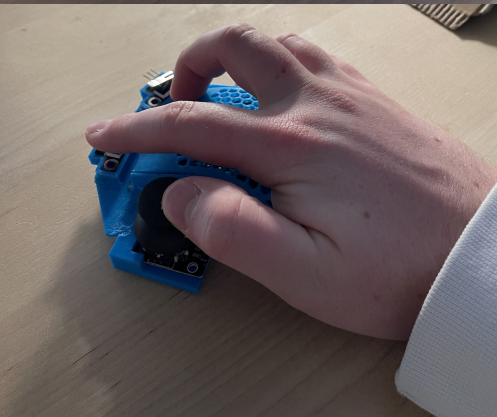There is a stark lack of accessibility in technology in the video game industry. Most gaming devices require the use of hands and almost all fingers, which inhibits those with limb differences or amputations from participating in gaming.
To combat this issue, members of the IEEE University of Florida Student Branch on the Generational Relief in Prosthetics (GRiP) team and the organization Hands to Love to create a mouse that serves the purpose of both the mouse and the keyboard in a traditional gaming setup, allowing for one-handed and more accessible game-play.
The adaptive mouse was created using 3-D printing technology combined with previously existing gaming technology, like the internal mechanisms of keyboards, Logitech mouse, and emulations of an Xbox controller. Together, these technologies allow users to game without the obstacle of physical restriction. With one hand, the user can both move and aim while gaming.
The distribution of these devices will take place at an April 2024 event called Hand Camp, hosted by Hands to Love, where the devices can be customized and altered to suit each individual.
Going forward, the project will be passed down to younger students on the University of Florida’s GRiP team who can then continue the impact.
As part of the Access and Abilities Competition, EPICS in IEEE provided a grant of $1,000 to complete the prototyping for this project.

